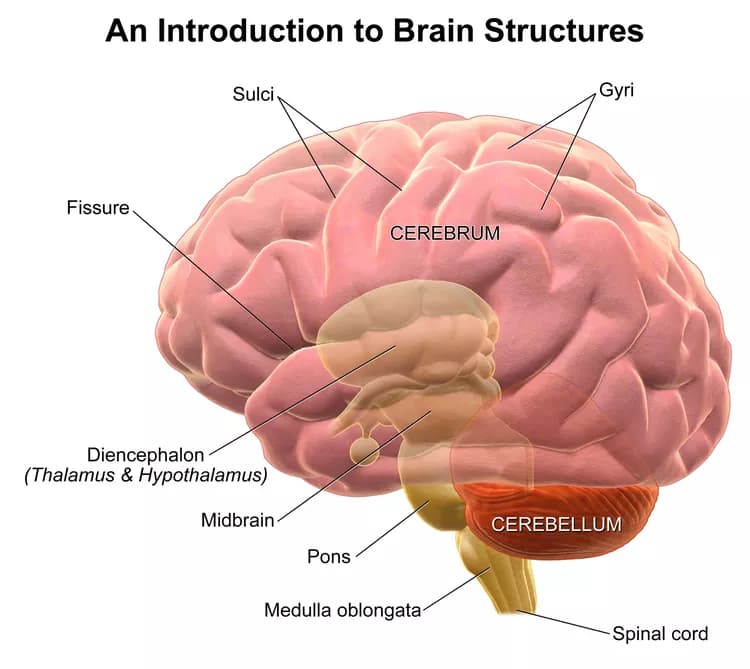
Alzheimer's Disease Researchers Solve Mystery Of Beguiling Protein
Leading neuroscientists have clarified the role of a controversial immune system protein in Alzheimer's disease, showing it has opposing effects in early and late stages of the disease. Their discovery unites previous studies that left researchers conflicted and showed the protein both exacerbates and ameliorates disease symptoms. The updated model of disease progression, published in the Journal of Neuroscience, also highlights the need to align certain therapies with disease stages when treating the 1 in 9 Americans over 65 living with Alzheimer's.
The protein in question is TREM2, or triggering receptor expressed on myeloid cells 2. It sits on the surfaces of immune cells in the brain and helps sense changes in the brain microenvironment. During Alzheimer's disease, TREM2 helps recruit immune cells to respond to toxic "amyloid" protein plaques that often form in the brain. But, the sudden influx of cells can also cause destructive effects in the brain and make things worse.
"Our lab and others had previously published conflicting results about how TREM2 affected pathology in Alzheimer's mouse models. One group published data showing Alzheimer's mice lacking TREM2 had more amyloid plaques. We previously found the opposite, that getting rid of TREM2 improved amyloid pathology," said Taylor Jay, lead author of the study and graduate student in the department of neurosciences at Case Western Reserve University School of Medicine. "We didn't know why we weren't getting the same answers. And, that was just the first question we wanted to ask, before we moved onto questions about exactly how TREM2 was influencing pathology."
Jay conducted her experiments under the leadership of Gary Landreth, PhD and Bruce Lamb, PhD, formerly of Case Western Reserve University School of Medicine and Cleveland Clinic's Lerner Research Institute respectively, and now professors in the Stark Neurosciences Research Institute at Indiana University. Together, the research team discovered that removing TREM2 in mice does reduce harmful protein plaques that accumulate in Alzheimer's-like brain cells -- but only early in the disease. Late in the disease, TREM2 removal has the opposite effect, and mice without the protein have enlarged protein plaques. The findings explain why different groups of researchers have been unable to agree on a role for TREM2 in Alzheimer's.
With newfound clarity, Alzheimer's researchers can now dig into how TREM2 and its many partner proteins contribute to disease progression. Jay's team plans to validate their disease stage-specific findings in other mouse models of Alzheimer's. Results from these studies will provide important guidance related to timing therapeutic interventions, particularly those that target immune cells. Different approaches may be needed early in the disease than those used later.
"Our ultimate goal with these studies is to use an understanding of TREM2 function to understand the important roles that immune cells play in Alzheimer's disease," said Jay. "Immune cells might not be all good or all bad throughout the course of Alzheimer's disease progression."
Materials provided by Case Western Reserve University. Note: Content may be edited for style and length.
Disclaimer: DoveMed is not responsible for the accuracy of the adapted version of news releases posted to DoveMed by contributing universities and institutions.
Primary Resource:
Jay, T. R., Hirsch, A. M., Broihier, M. L., Miller, C. M., Neilson, L. E., Ransohoff, R. M., ... & Landreth, G. E. (2016). Disease progression-dependent effects of TREM2 deficiency in a mouse model of Alzheimer's disease. Journal of Neuroscience, 2110-16. DOI: 10.1523/JNEUROSCI.2110-16.2016
Related Articles
Test Your Knowledge
Asked by users
Related Centers
Related Specialties
Related Physicians
Related Procedures
Related Resources
Join DoveHubs
and connect with fellow professionals

0 Comments
Please log in to post a comment.